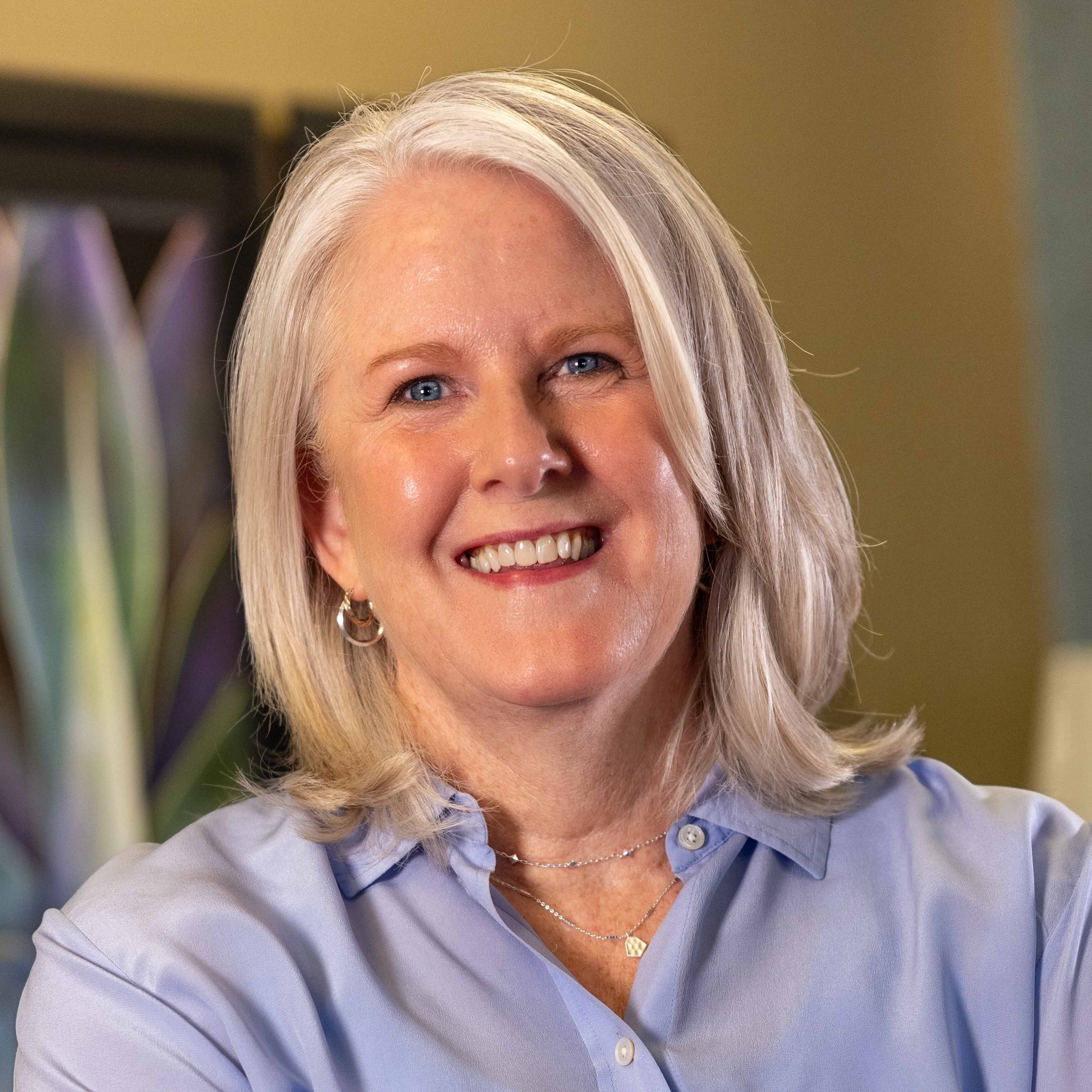 When I mentioned to my friend Kathy that my next blog assignment was on financial self-care, she became very animated and explained how her financial self-care journey led her to a place of peace about money.
When I mentioned to my friend Kathy that my next blog assignment was on financial self-care, she became very animated and explained how her financial self-care journey led her to a place of peace about money.
Kathy had recently divorced her husband, who had previously managed the money in their household. Now a single mother, newly divorced and uncertain of her money situation, Kathy was initially unsure of the path forward. She took the time to learn all about her accounts, spending, budget, investment allocation, tax situation and financial sustainability moving forward. Now educated and aware of her money situation, she feels at peace with the financial aspect of her life.
Google’s definition of self-care is “the practice of taking action to preserve or improve one’s own health”. A Northwestern study has shown that trouble with your finances can affect your health. So maybe we ought to think of financial self-care as health care.
As a financial advisor, I’ve been working with women for over 15 years to help them meet their financial goals and work toward their dreams. A common theme with our discussions is to find peace-of-mind about money. Below are a few ways you can include financial self-care into your self-care routine and find peace.
Face it
Like Kathy, taking a deep breath and facing your finances is an excellent first step. According to Psychology today, not facing your fear can create more fear, and facing your fear can be a way to heal. If thinking of money causes you anxiety, one way to reduce that anxiety is to look at each aspect of your money and understand how it all fits together.
Understand your Money Pieces
This includes looking at the following:
- Your income before and after taxes.
- Your spending, including which bills that are fixed and those that have flexibility.
- Your savings and your investments, including how much risk you are taking, how likely your investments are to grow over time, your asset allocation and how that affects your future.
- Your tax liability and what factors affect your taxes.
- Do you have any vulnerabilities in your money plan and which can be covered by insurance?
- How will your money be distributed after you’re gone?
Get Help and Map Out a Plan
I often meet with clients who are in the middle of a transition. They may have just gotten divorced or widowed or are looking at retiring in the near future. Some have lost a parent and received a sizable inheritance. Changes such as these can cause a person to question how to put the financial puzzle together to move forward. A financial advisor can help them map out a plan that utilizes their resources, aims to reduce taxes over time and shows them how each of their goals intertwine with each other. By seeing how various goals affect the sustainability of your overall plan, you can make informed choices. You can see how your current day spending affects your future self. For example, seeing how paying down debt enhances your likelihood of meeting goals, you may be more motivated to restructure your budget.
Build Financial Self-Care into your Routine
Checking on your finances regularly is just as important as exercising regularly. By checking on your bank and credit card accounts monthly, you can stay on top of your spending levels and also identify if you have fraudulent charges. By checking on your investments quarterly you can see the benefit of regular contributions as well as check on investment returns. By visiting with your financial advisor once or twice a year you can see how you are tracking toward your goals as well as staying up on new laws and tax changes. This allows you to make needed course corrections to keep you advancing toward your goals.
Think of the Next Generation
Part of your financial plan may be to build a legacy or to build family wealth. Staying aware of how you manage your money can help the next generation. You can role-model good financial decision making, discuss with your children smart money decisions as you learn them, teach them about money, and perhaps work toward building wealth to pass down to the next generation. It all starts with facing your money situation and understanding the moving parts yourself. Then you can not only create a plan for yourself but one that could benefit generations to come.




